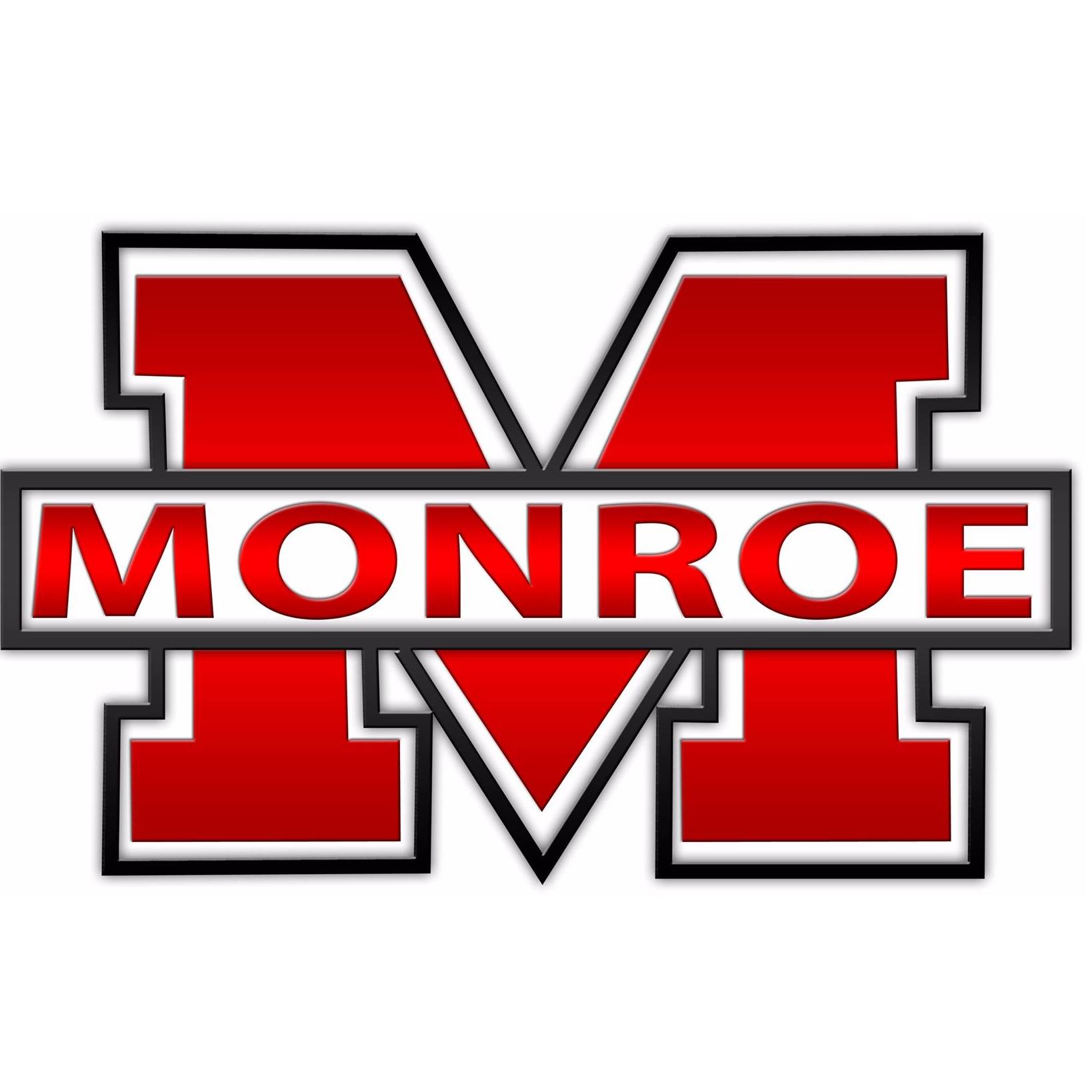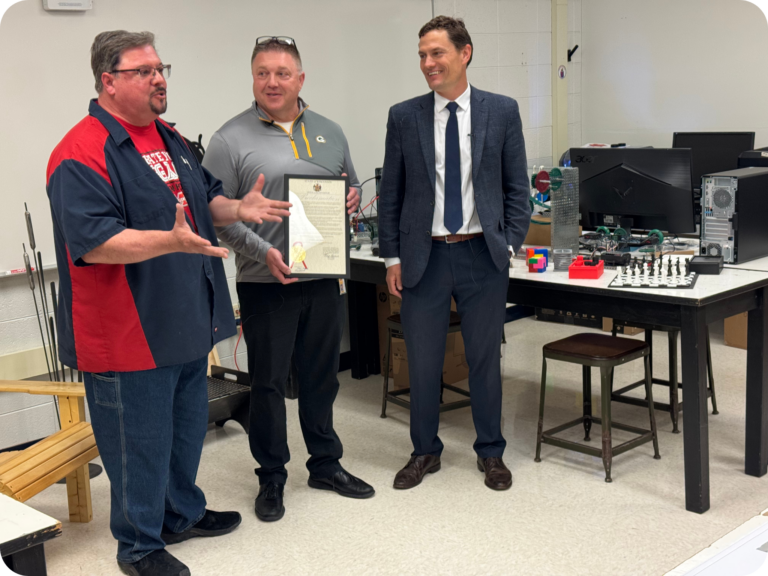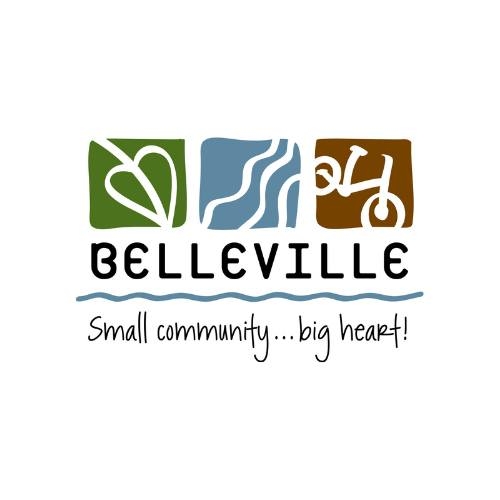The Village of Belleville was one of twenty-seven Wisconsin communities that will share in more than $1.1 million to help create attractive new public spaces — ranging from bandshells for outdoor performances to plazas to enhance downtown spaces to trailheads for recreational activities.
According to the news release, the project in the Village of Belleville plans to turn an underused lot into a promenade/courtyard that will connect downtown with Belleview Community Park and promote foot traffic downtown. Trailhead and patio elements will accommodate recreation and provide flexible event space.
The funding is from the Vibrant Spaces Grants from the Wisconsin Economic Development Corporation (WEDC), the state’s lead economic development organization.
“People want to live and work in thriving communities and offerings like parks, trailheads, and town squares create places for people to gather and hold events as well as boost nearby businesses and improve quality of life,” said Missy Hughes, secretary and CEO of WEDC. “Creating vibrant communities is the foundation of economic development.”
The Vibrant Spaces Grants allow communities to apply for up to $50,000 to assist with local placemaking efforts that will transform vacant or underused spaces into multipurpose community gathering spaces to attract visitors and residents.
Additional projects that received Vibrant Spaces grants in this round of funding include:
Ashwaubenon Klipstine Park Bandshell – $50,000
The Village of Ashwaubenon will build a permanent outdoor venue for music and outdoor events, including the Ashwaubenon Summer Concert Series.
Brown Deer Ten Mile Park – $50,000
A piece of neglected property will be turned into a new park in Brown Deer. The park will include a bathroom, pump track, pickleball courts, a multi-use court, and play area.
Cable Pedestrian Corridor – $50,000
The Town of Cable will convert a vacant downtown lot into a gathering space that features a pavilion with seating, a concrete path to connect the space to a parking lot and Main Street, and informative signs.
Clintonville Merc Project – $34,000
Clintonville will enhance a vacant lot to entice future development and offer a public space to bring more activity into the heart of the community.
Coloma Vibrant Verandas – $25,000
The Village of Coloma plans to develop a shared patio space behind adjacent downtown businesses to create a community gathering space and programming opportunity.
Dodgeville Town Square – $50,000
The city plans to transform a vacant lot into a vibrant community space with seating, an amphitheater, green space, and art murals. This space will host library programs, farmers markets, and other events and will also boost community engagement and economic growth.
Eagle River Trailhead and Crossing – $50,000
The Eagle River Revitalization Program plans to create a crossing at Highway 45 to provide safe access and connectivity while also adding public art, pedestrian and bicycle amenities, wayfinding signage, and an information board to enhance the experience for trail users, farmers market shoppers, and residents who are exploring the downtown.
Elm Grove Underwood Creek Pocket Park – $50,000
The Village of Elm Grove will enhance the downtown corridor with a pocket park adjacent to Underwood Creek. It will serve as an accessible space for programming, entertainment, and amenities that will increase foot traffic to local businesses.
Fall Creek Outdoor Amenities Project – $50,000
A waterfront property will be converted into a public space with a community garden, walking paths, and pavilion to enhance downtown vitality and promote community engagement.
Gillett Zippel Park Trailhead – $45,000
Gillett will construct an inclusive, accessible park with an inclusive playground, ADA restrooms, ADA trails, improved sport courts, and picnic and seating areas. The goal is to create a safe environment to gather in that promotes physical activity, social interaction, and wellbeing.
Juneau Downtown Plaza – $50,000
Juneau hopes to revitalize downtown by creating the Gathering Plaza, a vibrant, inclusive, and multifunctional public space located on an underused portion of the Courthouse lawn.
La Crosse Caledonia Park Place – $50,000
The project will revitalize a parking lot where small businesses are clustered. Repairs will be made, roughly one-third of the property will be converted people-focused space, and cultural and artistic features will be added.
Lena Railroad Pocket Park – $32,500
This pocket park will serve as a community square to host events and farmers markets.
Manitowoc Maritime Museum – $40,000
This project will transform an asphalt parking lot adjacent to the Maritime Museum into a maritime-themed garden with native plantings and unique nautical artifacts. It will be a gathering place for education and entertainment in downtown Manitowoc.
Mauston State Street Lounge – $28,255
Mauston will enhance a shared outdoor space between two businesses by expanding seating and adding handicap-accessible features and amenities to create a welcoming area.
Mineral Point Cornish Heritage Park – $50,000
The underused Cornish Heritage Park will be revitalized by adding public art, attractive seating areas, an event space, and a European-style garden to encourage people to spend more time in the historic downtown.
Mukwonago Phantom Junction Park – $50,000
The village will create a community gathering space at Phantom Junction Park that includes pathways, fire pits, seating options, and a canteen.
Neenah Downtown Alta Alley – $33,000
This project will transform a vacant drive-thru in the heart of downtown into a vibrant public space through lighting, landscaping, seating, interactive features, and other aesthetic improvements. It will create a dynamic place for visitors and community events.
Osceola Gristmill Park and Cascade Falls Trailhead – $50,000
Gristmill Park will be transformed from an underused space to a vibrant hub with paths and event spaces. It will complement the Cascade Falls staircase, which was funded by a Department of Natural Resources grant, and will boost access, recreation, and foot traffic and link to the downtown.
Pittsville Market Village – $29,000
Pittsville will establish a market village by building four small vendor booths with vintage commercial facades, sidewalk, lighting, and benches in a downtown greenspace.
Pulaski Shippy Park – $50,000
The project will provide increased seating, public art, enhanced electrical amperage, and general landscaping at Shippy Park, which features an ADA compliant walkway and covered bridge.
Reedsburg Gathering Space – $50,000
The Gathering Place is intended to be a vibrant outdoor public space for people to congregate in the River District. It will create a venue to support social interaction and community engagement.
Rib Lake Bandshell – $50,000
The village will construct a bandshell and outdoor performance stage that will offer regular programming. Plans also call for walking paths, benches, lighting, and a park entrance sign.
Viroqua Mural Walk – $24,956
Viroqua plans to enhance its downtown with the Mural Walk. It will start at the library and feature shaded seating, free internet, a self-guided tour, and murals to foster community engagement.
Waukesha Friedman Alley – $50,000
The city plans to transform Friedman Alley into a vibrant space with signage, lights, murals, sculptures, seating, planter boxes, and art displays. The project aims to make the alley safer, brighter, and more artistic.
Webster Sturgeon Park – $50,000
An unused space will be transformed into the Sturgeon Park and Welcome Center, which will provide a multi-use park space for village residents and visitors. It will replace outdated welcome signage.




